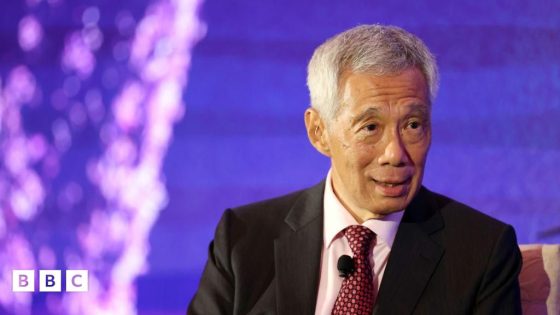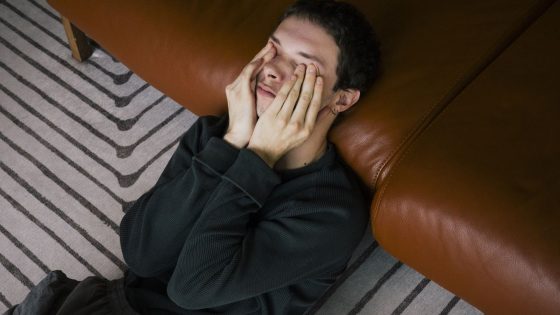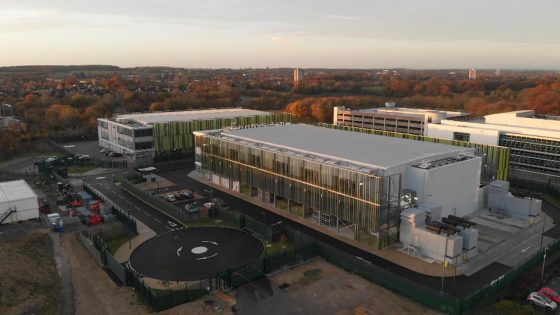Mr Lee is now set to hand over to Mr Wong, a former economist and civil servant who at one point served as his principal private secretary.
It is uncharted waters not only for Mr Wong but also Singapore, which has had a Lee leader for 45 of its 59 years of nationhood. “He is the first PM without a Lee in waiting, and this allows Singapore to be a more normal democracy,” said Mr Low.
“The Lees have always had such an outsized influence on Singapore, and the fact that we are turning the corner is good for our broader sociopolitical transition,” added Mr Vadaketh.
Typically for the PAP, the choice of Mr Wong as the successor was telegraphed two years ago when he was made deputy PM.
But the 51-year-old was not the obvious choice from the start. More than a decade ago when his political cohort – known as the “4G” or fourth-generation PAP leadership – made their debut, he was seen as a dark horse.
Another minister, Heng Swee Keat, was slated to take over as PM before he bowed out citing his age and health.
When the pandemic hit Singapore, it became clear Mr Wong would be leader of the pack. As co-chair of a government taskforce, he became a familiar face to Singaporeans, appearing in weekly press conferences calmly explaining convoluted anti-Covid measures.
His team and local media have touted his image as an everyman. Like most Singaporeans he grew up in a public housing estate, and he is the first PM who studied in non-elite local schools.
Preaching a message of unity, he has promised to build a more inclusive Singapore with more support for an ageing population and the needy, following a nationwide consultation exercise which he launched. In a recent interview with The Economist, he pledged that citizens would “not at all” become a minority in Singapore and that immigration would continue to be controlled.
He also signalled no deviation in his approach to one of the biggest foreign policy issues for Singapore, the US-China relationship, by insisting the government sides with neither superpower – rather, he said, they are “pro-Singapore”.
Mr Low described him as an “open-minded conservative” who would be amenable to making changes but would likely introduce them “incrementally, marginally, rather than in a ‘big bang’.”
This is why analysts see him as a safe choice made by the PAP designed to emphasise continuity – a quality that he is keen to signal as well.
“Continuity and stability are key considerations, especially as we are approaching the end of this term of government,” Mr Wong said on Monday when he unveiled his cabinet line-up.
He was referring to the fact that the government must call for an election by November next year. It will be Mr Wong’s biggest political test, going to a public vote for the first time as PM, as Singaporeans decide on their future in a post-Lee era.
Source Agencies



